
ALUMNI
Where we go.
Our alumni have served our organization as consultants, team leaders, and executive officers. Since graduating, they have gone to represent top consulting firms and companies, ranging from finance, technology, and entrepreneurship.



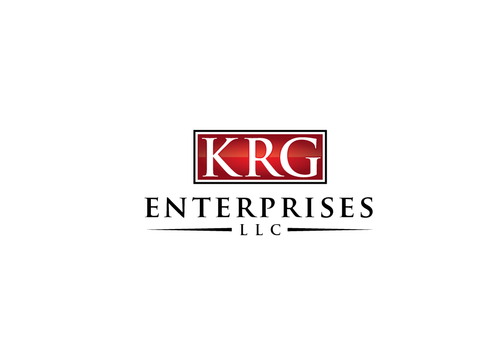
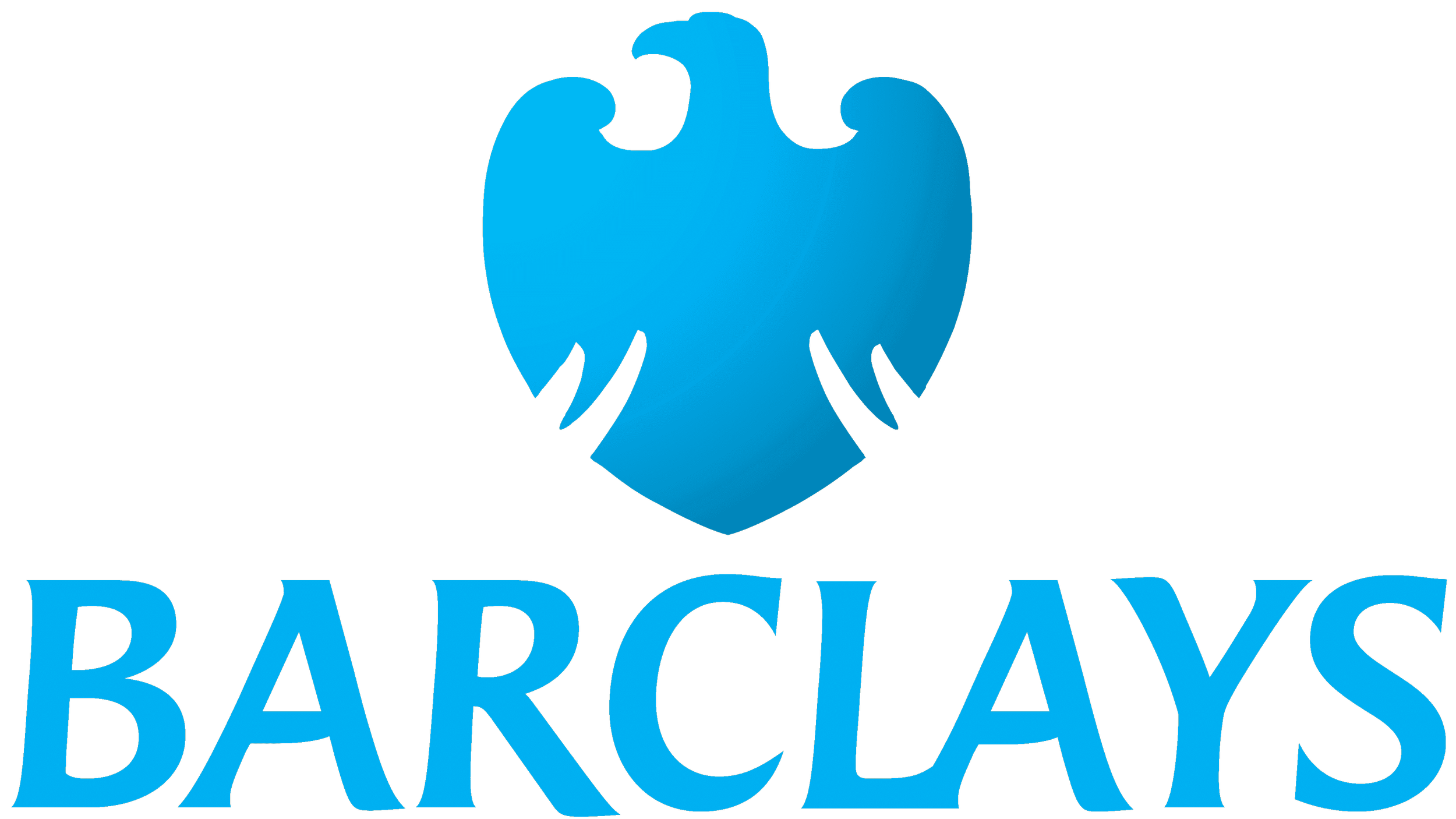


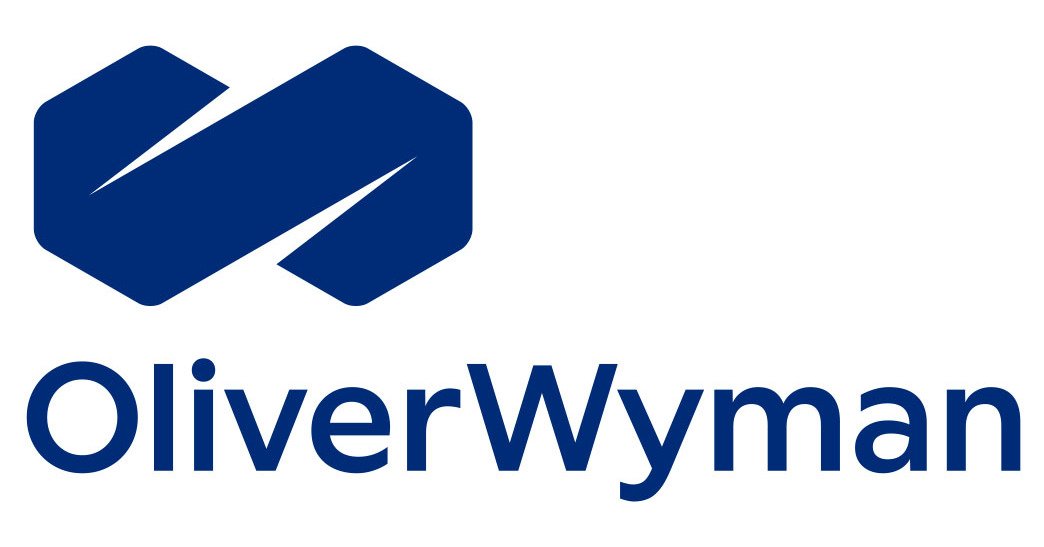
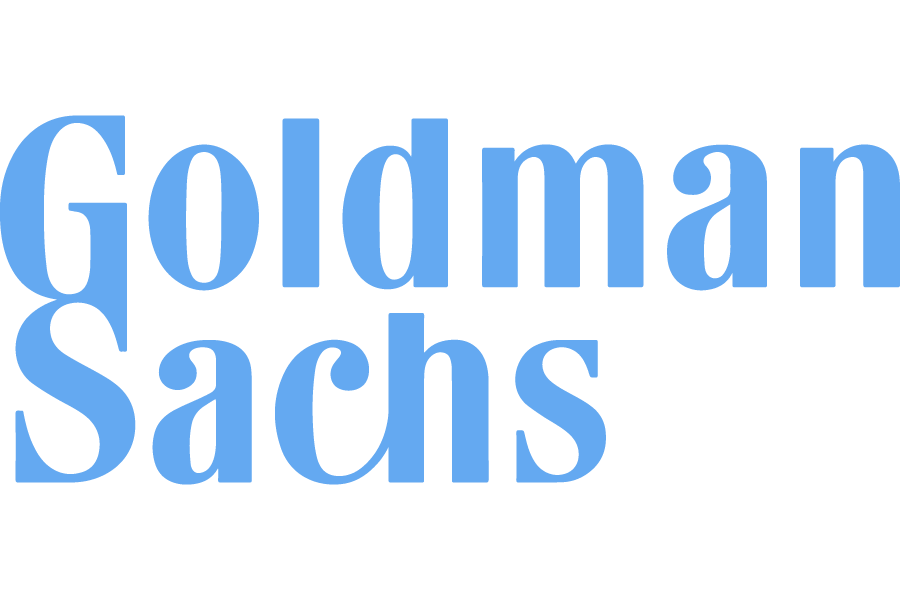
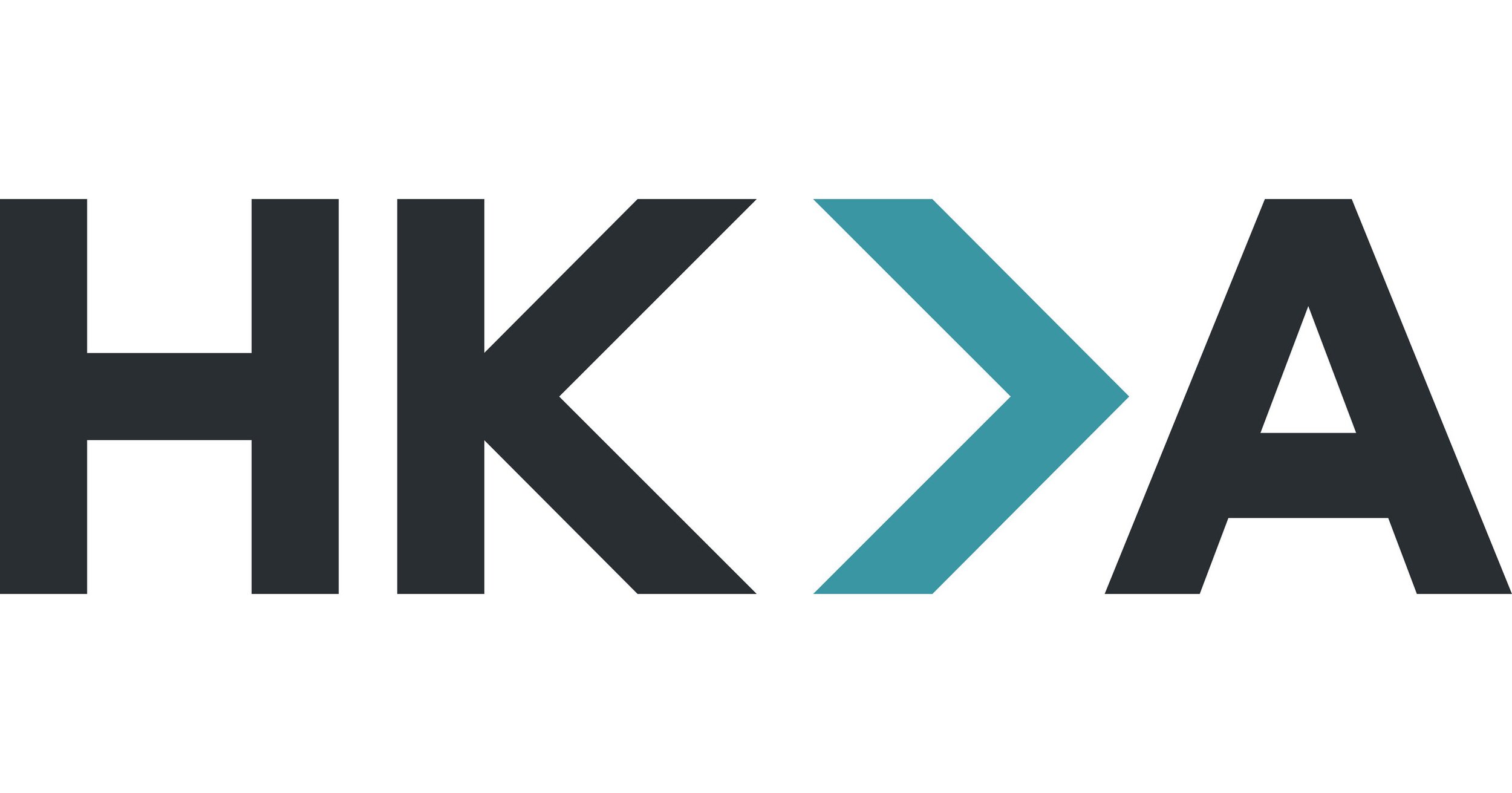
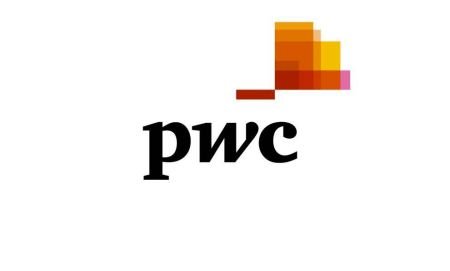
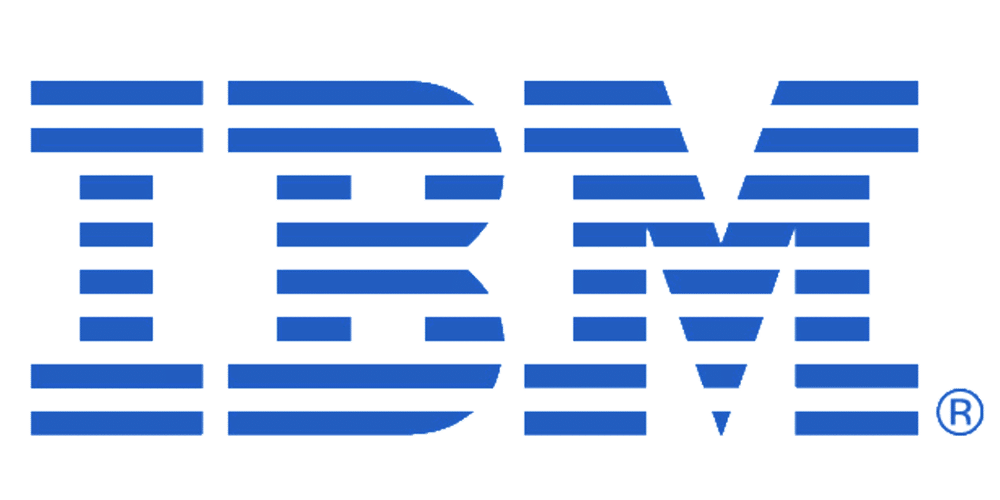

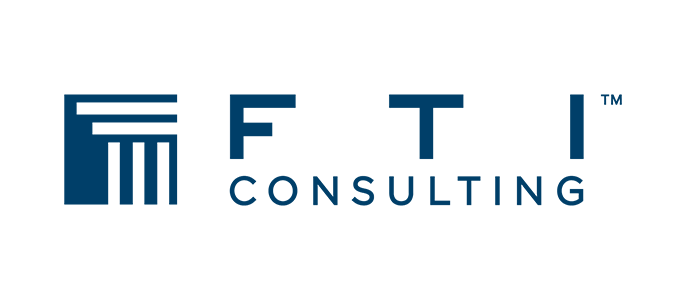




Justin Nguyen.
In what ways did your time at UVA, and specifically your involvement with 180DC, help prepare you for your day-to-day activities in this role?
My role is 100% customer-facing, so I owe a great deal of my success here to 180DC. Working directly with our clients on-site (when that was permitted) in Charlottesville was a great opportunity for our team and I to build meaningful relationships with the client, which I find extremely relevant in my current role. Additionally, in terms of the consulting activities I did for 180DC, those problem-solving and communication skills are practically transferable to any profession you pursue. For my job and others, you need to be able to solve tough problems and explain your solution to others. If a customer or client is unable to understand what you’re delivering, even if you solved the problem for them, I would consider that underperforming and not meeting expectations. Fortunately, that was never a problem at 180DC since the team does a great job ramping up new analysts quickly. I am confident that if you go through 180DC during your time at UVA, you will be more than prepared for any job you take on beyond university.
What advice would you give to an incoming analyst looking to make the most out of their time in the club and make the most impact through their work?
I would advise an incoming analyst to 1) lean in to the ambiguity and challenge and 2) have fun. Part of what makes 180DC so great is being able to work on real projects with real clients. The work we do at 180DC is not small tasks here and there, but rather high impact, personalized initiatives that can shape the future direction of a non-profit organization. You will get as much out of 180DC as you put into it. If you choose to dedicate a significant amount of your time into the organization, I promise you will find tremendous value out of it.
Additionally, remember that the work we do is not an individual effort, but a team effort. Leverage your team members and other experienced analysts on any challenges you may encounter. Not only is this a great way to build strong relationships with those in the organization, it is also the same case in the professional setting where you’re encouraged to reach out to people for guidance. We all want to succeed and prove ourselves, but it’s important to understand that we can’t do everything and sometimes we need help.
Do you have any suggestions for graduating undergraduates to ease their transition between college and their full-time roles?
This is more of a candid response, but I highly recommend graduates do “nothing” ! While it may seem tempting to study up and engage in prep work prior to starting your new role, it is also important to acknowledge that the summer between your graduation and your first job will be one of the last significant breaks you will get before you retire! Thus, I encourage you all to enjoy that final summer and pursue activities or passion projects you always wanted to do. Travel to that dream destination with your friends or family, or write that novel you have been dying to find time for. There will be plenty of time to worry about work once you start… trust me. Plus, companies typically dedicate a few weeks when you start for training, so definitely take advantage of that time to transition to your full-time role. Your manager is also your personal champion at work, so build a strong relationship with them and they will ensure you are supported and get the best experience during your time there with them.
Jack Larkin.
In what ways did your time at UVA, and specifically your involvement with 180DC, help prepare you for your current role?
As a member and founder of the club, I’ve seen the organization through a few different phases and am incredibly proud of the direction it is headed. 180DC was an incredible outlet for me to test a personal thesis of being able to tie my academic and professional lives to an activity that is both societally impactful and personally fulfilling. I believe that the work of setting up an organization built around social impact and helping clients carry out that mission sets high aspirations for what I will be able to achieve in my career. 180DC helped me understand that the day-to-day of working toward impact does not always feel like you’re changing the world in the moment, but that is ok. I am both encouraged to find the opportunities in my job to create impact in the short term, and motivated to shape my career to be impactful in the long term.
What advice would you give to an incoming analyst looking to make the most out of their time in the club and make the most impact through their work?
Try your best to meet people that are doing things professionally that you find interesting – networking not in the sense of actively trying to get a job from someone, but rather with the goal of learning about how people see their place in the world and what gets them excited. There are paths and opportunities out there that are available to you that you do not even know of or doubt that you can participate in – pursue those paths anyways, and learn as much as you can.
How did being a member of 180DC UVA influence your career trajectory and what you look for in a job?
As a member and founder of the club, I’ve seen the organization through a few different phases and am incredibly proud of the direction it is headed. 180DC was an incredible outlet for me to test a personal thesis of being able to tie my academic and professional lives to an activity that is both societally impactful and personally fulfilling. I believe that the work of setting up an organization built around social impact and helping clients carry out that mission sets high aspirations for what I will be able to achieve in my career. 180DC helped me understand that the day-to-day of working toward impact does not always feel like you’re changing the world in the moment, but that is ok. I am both encouraged to find the opportunities in my job to create impact in the short term, and motivated to shape my career to be impactful in the long term.


